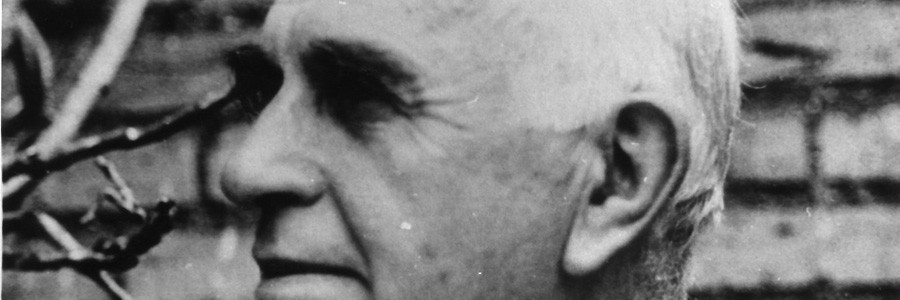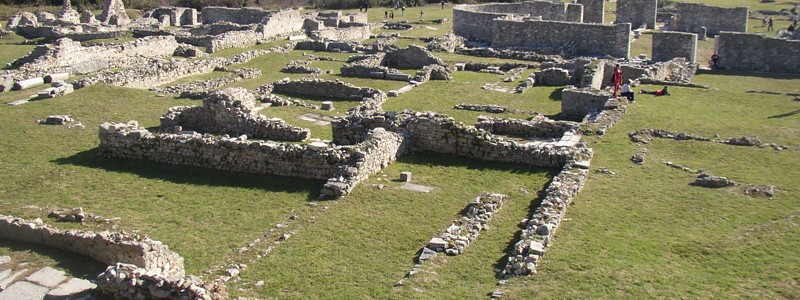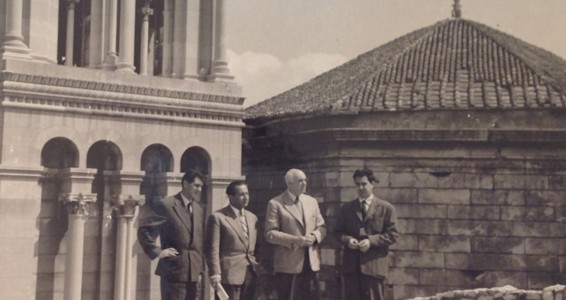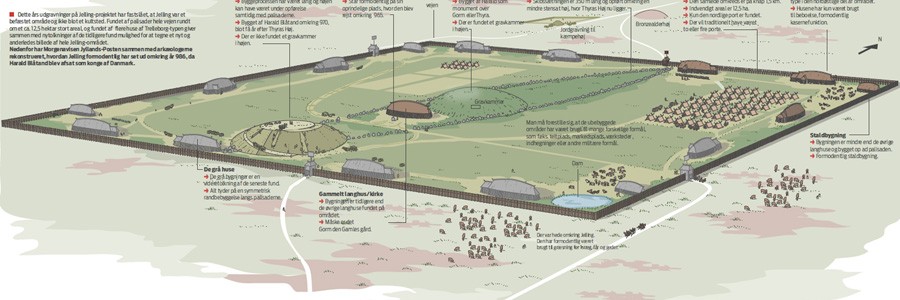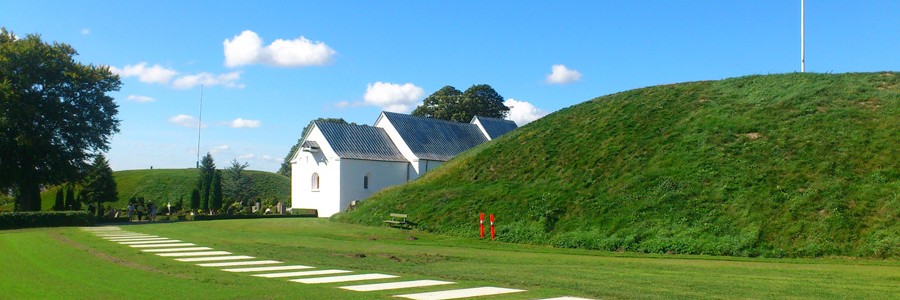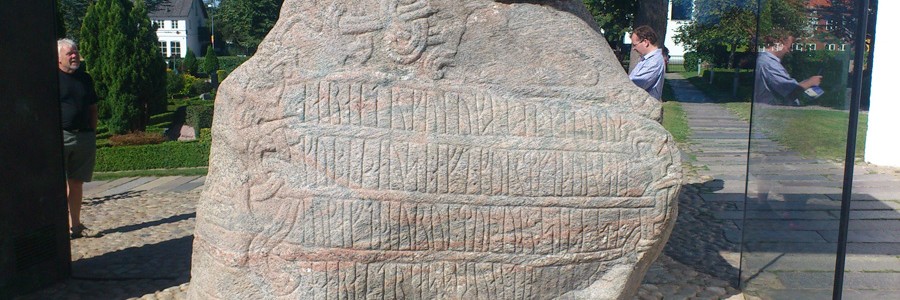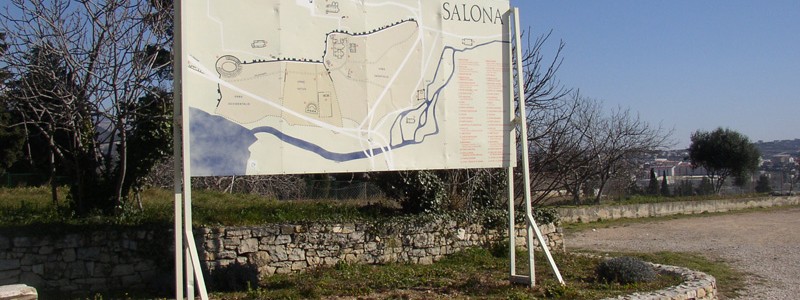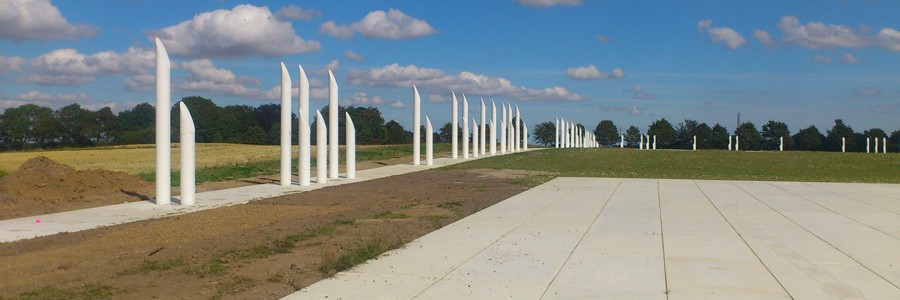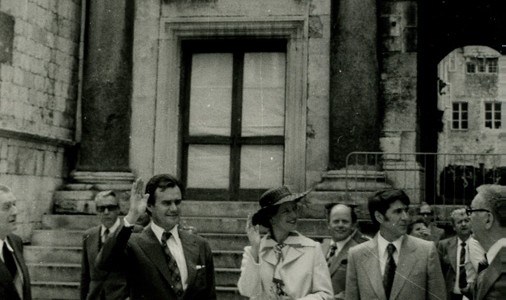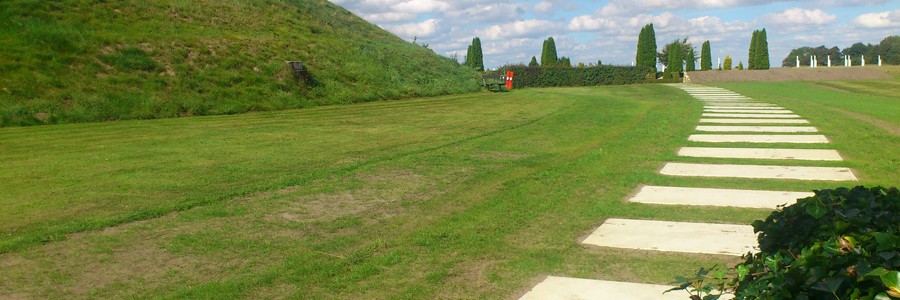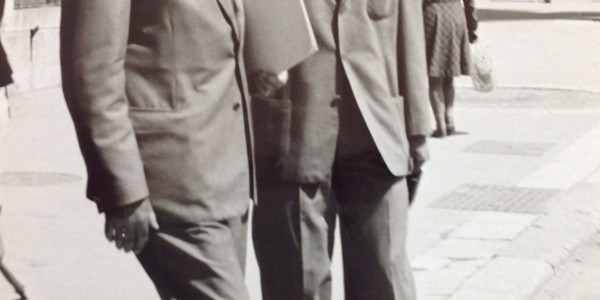Euroacademia Conferences
 Europe Inside-Out: Europe and Europeanness Exposed to Plural Observers (9th Edition) April 24 - 25, 2020
Europe Inside-Out: Europe and Europeanness Exposed to Plural Observers (9th Edition) April 24 - 25, 2020 Identities and Identifications: Politicized Uses of Collective Identities (9th Edition) June 12 - 13, 2020
Identities and Identifications: Politicized Uses of Collective Identities (9th Edition) June 12 - 13, 2020 8th Forum of Critical Studies: Asking Big Questions Again January 24 - 25, 2020
8th Forum of Critical Studies: Asking Big Questions Again January 24 - 25, 2020 Re-Inventing Eastern Europe (7th Edition) December 13 - 14, 2019
Re-Inventing Eastern Europe (7th Edition) December 13 - 14, 2019 The European Union and the Politicization of Europe (8th Edition) October 25 - 26, 2019
The European Union and the Politicization of Europe (8th Edition) October 25 - 26, 2019 Identities and Identifications: Politicized Uses of Collective Identities (8th Edition) June 28 - 29, 2019
Identities and Identifications: Politicized Uses of Collective Identities (8th Edition) June 28 - 29, 2019 The European Union and the Politicization of Europe (7th Edition) January 25 - 26, 2019
The European Union and the Politicization of Europe (7th Edition) January 25 - 26, 2019 7th Forum of Critical Studies: Asking Big Questions Again November 23 - 24, 2018
7th Forum of Critical Studies: Asking Big Questions Again November 23 - 24, 2018 Europe Inside-Out: Europe and Europeanness Exposed to Plural Observers (8th Edition) September 28 - 30, 2018
Europe Inside-Out: Europe and Europeanness Exposed to Plural Observers (8th Edition) September 28 - 30, 2018 Identities and Identifications: Politicized Uses of Collective Identities (7th Edition) June 14 - 15, 2018
Identities and Identifications: Politicized Uses of Collective Identities (7th Edition) June 14 - 15, 2018
Great Dane Meets Dalmatian. Ejnar Dyggve and the Creating of the Cultural Crossroads in Europe
-
-
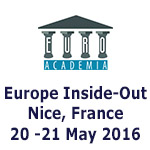
-
Presentation speakers
- Slavko Kacunko, Department of Arts and Cultural Studies (IKK), University of Copenhagen, Denmark
- Download presentation
Abstract:
The current sense of cultural fragmentation, dislocation, and the apparent absence of coherence seem to undo cultural unities (Blundell, Chatterjee, Bhabha). In such a situation, it may be beneficial to (re-)consider the theory and praxis of cultural continuity. The paper relates the current situation of the discipline of art history to the Early Middle Ages, the time when today’s Europe began to take shape. As a case in point, the work and character of the deserving, but almost forgotten archaeologist, architect and art historian, Ejnar Aksel Petersen Dyggve (1887-1961) should be brought to mind. Dyggve’s research profile, central motifs and methodologies will be briefly sketched, since they have ultimately lead him to become one of the most cited pioneers in comparative cultural studies in mid-twentieth century Europe. Dyggve´s excavations in and around Salona in Dalmatia and Jelling in east Jutland still serve as the crown witnesses of the Christianization of today´s Croatia and Denmark and are closely bound to the national identities in both countries. Dyggve´s convictions of the causal priority of topological, liturgical and other functional elements over the formal elements of ‘style’ have led him to defend his continuity-thesis, which has provoked a fruitful debate since its appearance in the 1920s. The paper picks a complementary context between Denmark and Croatia as a model for questioning of the European cultural continuity, where the comparative investigation of the life-long collaboration and competition between the two exact contemporaries Ejnar Dyggve and Ljubo Karaman (1886-1971) serve as a special case.
-
Related Presentations

Art and Heritage: Crossing Imaginaries In European Sites
- Idalina Conde

The Contribution of TEI of Peloponnese to the Development of Kalamata
- Eleni Athanasopoulou
- Pavlos Dragoumanos


